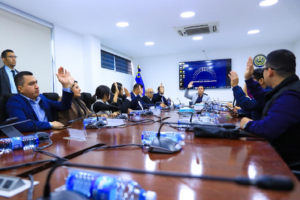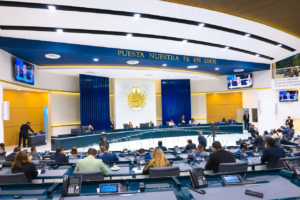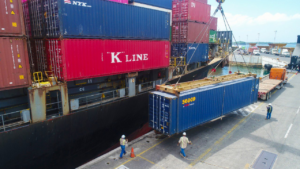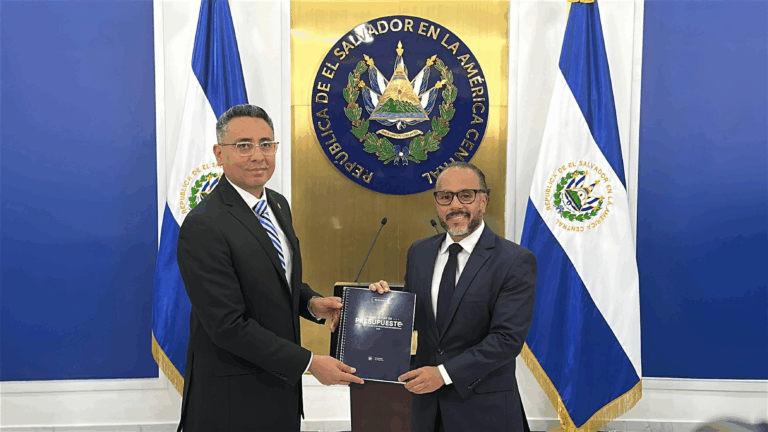
Finance minister Jerson Posada, representing the government of President Nayib Bukele, presented the draft General State Budget, the Special and Autonomous Budgets, and the Salary Law for 2026 to the Legislative Assembly, in compliance with Article 167 of the Constitution.
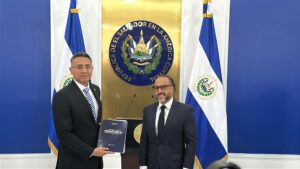
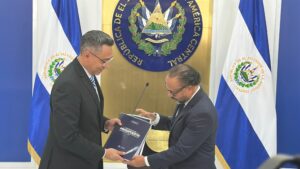
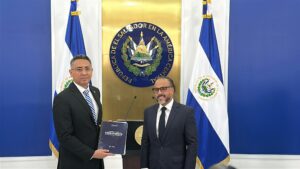
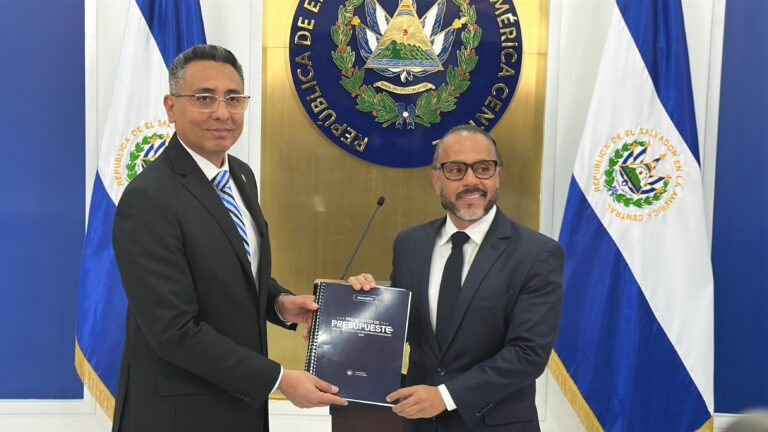
A balanced budget with no deficit
The document projects an allocation of US$10,555.6 million, marking the second consecutive year in which no fiscal gap is proposed. Minister Posada reaffirmed that state revenues will finance both current expenditures (salaries, goods and services, and financial obligations) and international commitments and strategic programs.
Of the total amount, US$2.3 billion is included for the Annual Public Investment Plan, of which approximately 70% will be financed by loans from multilateral organizations such as the World Bank, the IDB, and the CAF. These funds will be allocated to infrastructure projects and social programs such as the Los Chorros highway, the Ahuachapán bypass, the Pacific Airport, and the reconstruction of the Mercado de Santa Ana.
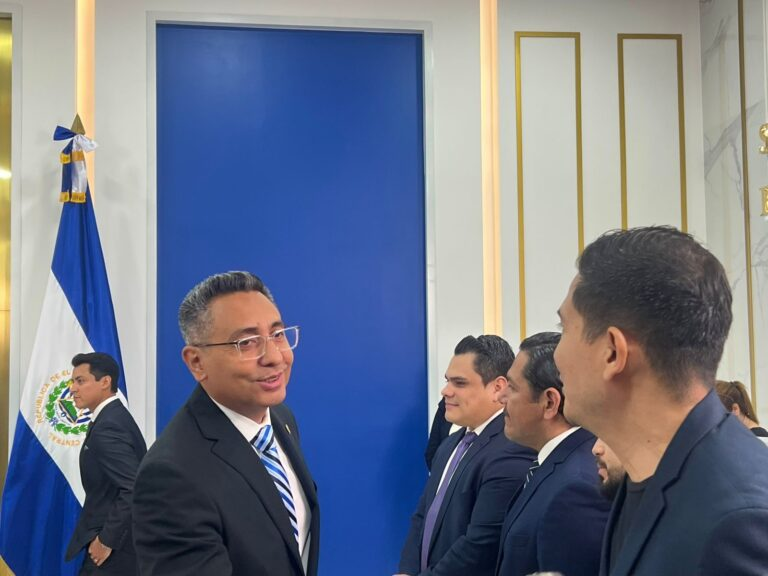
Growth in tax revenue
The draft bill estimates US$8.95 billion in current revenue by 2026, representing an 8.3% increase compared to 2025. Tax revenue would reach US$8.349 billion, an increase of US$671 million (8.7%).
According to the Ministry of Finance, this growth is based on:
• Technological modernization and digitalization of processes, including the widespread use of electronic invoicing.
• Greater capacity for cross-referencing tax information to reduce non-compliance.
• Continuing the fight against tax evasion and smuggling.
• Greater economic dynamism, especially in sectors such as construction and legal matters, which maintain positive projections for 2026.
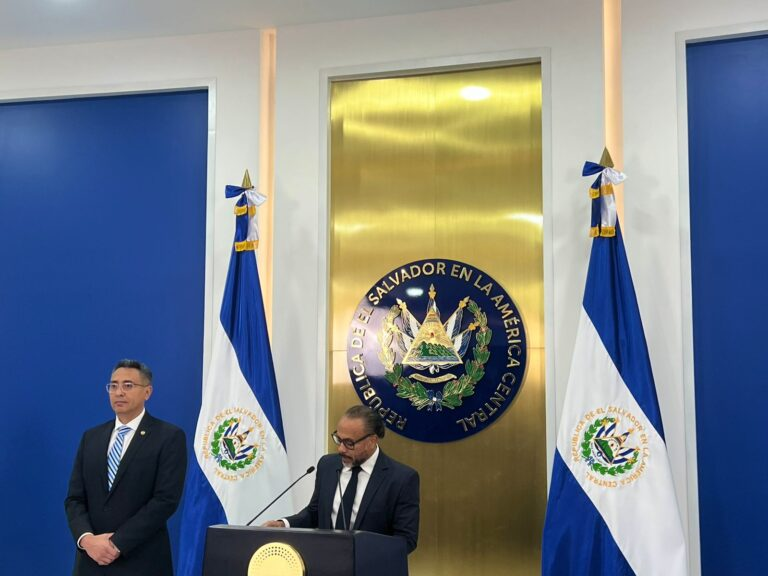
Social sectors receive priority investment
The largest portion of the budget is allocated to education, health, security, and defense, totaling US$3.88 billion, equivalent to 36.8% of the total.
• In education, the allocation amounts to US$1.52 billion, representing a 6.9% increase and strengthening programs such as providing tablets and computers to students, in addition to US$116.5 million for the Universidad de El Salvador.
• In health, the budget reaches US$1.325 billion (12.3% more than in 2025), with an emphasis on early childhood, medicines, vaccines, and medical supplies, including a US$162.5 million allocation.
• In US$1.037 billion security and defense, is allocated, representing a 14.8% increase, for technological innovation, more efficient police units, crime prevention, and personnel equipment.
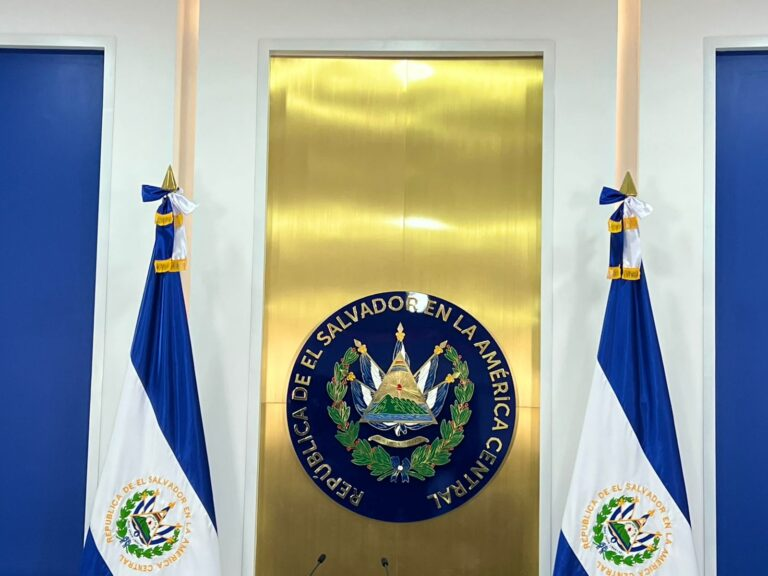
Public works and infrastructure
The budget also includes US$616.5 million for public works, including:
• Los Chorros Highway Viaduct and Expansion: US$110.2 million
• Ahuachapán Bypass: US$74.1 million
• Reconstruction of the Santa Ana Market: US$38.6 million
• Pacific Airport: US$110 million
• Municipal Works and Educational Centers: US$102 million
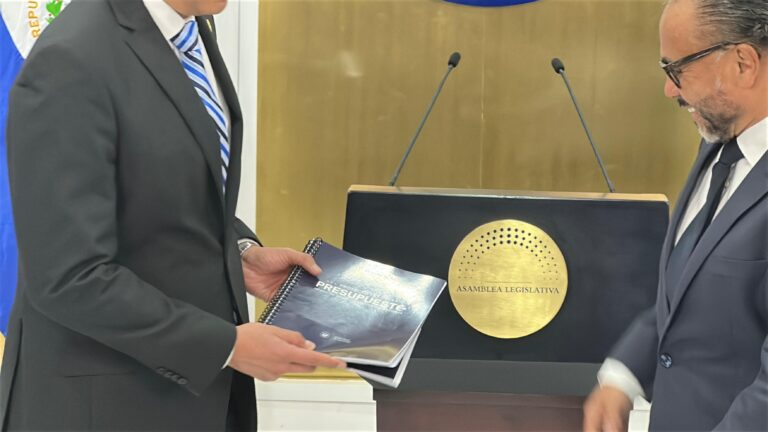
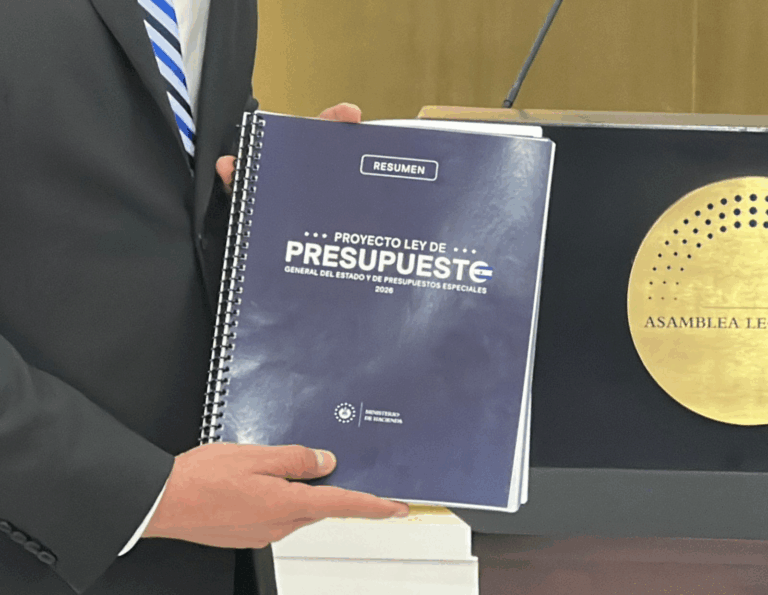
Early Childhood programs and subsidies
• The government is strengthening its social policy with programs for children, such as:
• “Growing and Learning Together” (Education): US$170 million
• “Growing Healthy Together” (Health): US$80 million
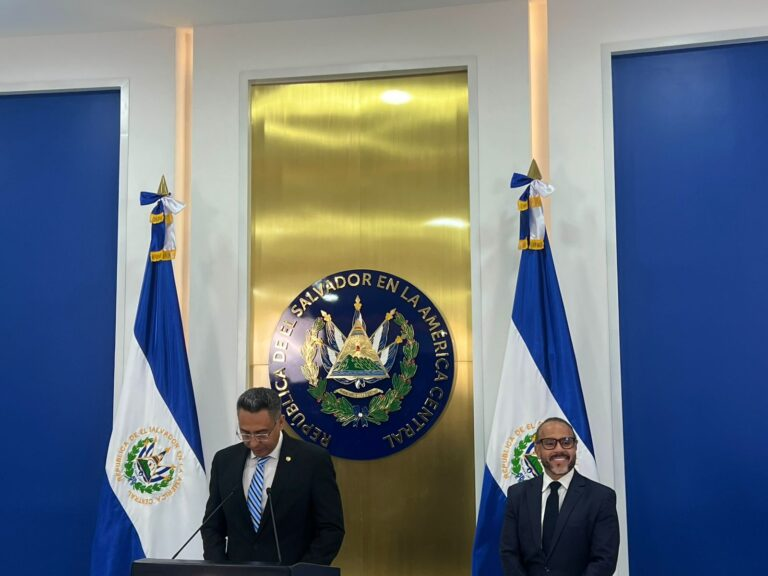
Additionally, US$238.7 million is allocated for subsidies, intended for:
• Propane gas: US$114 million
• Public transportation: US$60 million
• Electricity: US$64.1 million
Fiscal discipline and administrative measures
The draft bill maintains a policy of cost containment:
• Suspension of salary increases in the public service.
• Prohibition of creating new positions in the three state agencies, municipalities, and autonomous communities.
• Authorization from the Ministry of Finance to fill essential vacant positions.
• Restriction on granting new benefits or additional benefits.
• Maintenance of the health ranking system only for employees with salaries under US$1,500 and application of the education ranking system in accordance with current regulations.
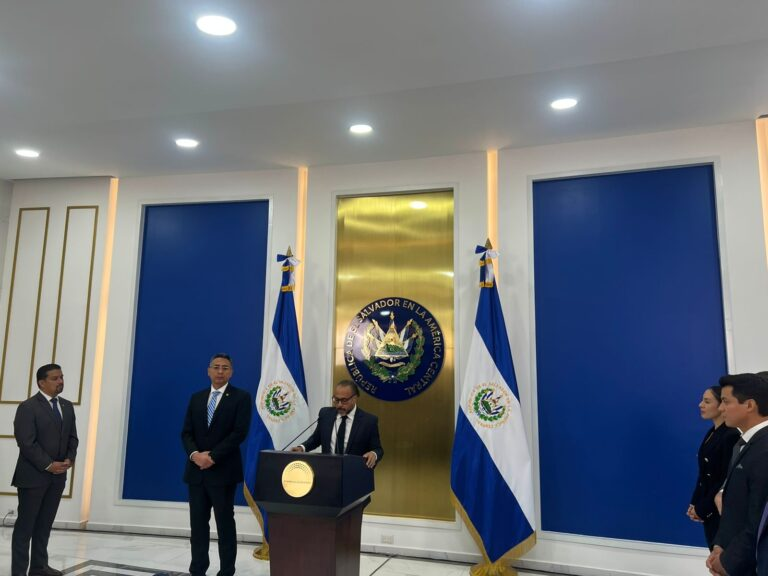
Commitment to legislative dialogue
The President of the Legislative Assembly, Ernesto Castro, announced that the Finance and Special Budget Committee will be activated this friday to begin reviewing the bill, with the participation of the Ministry of Finance in the first session of analysis.
The minister of Finance reiterated the Executive Branch’s commitment to working alongside the legislative body: “Our commitment is to continue implementing efficient and responsible measures, consolidating public finances, and prioritizing strategic sectors that impact the country’s social and economic development”.


